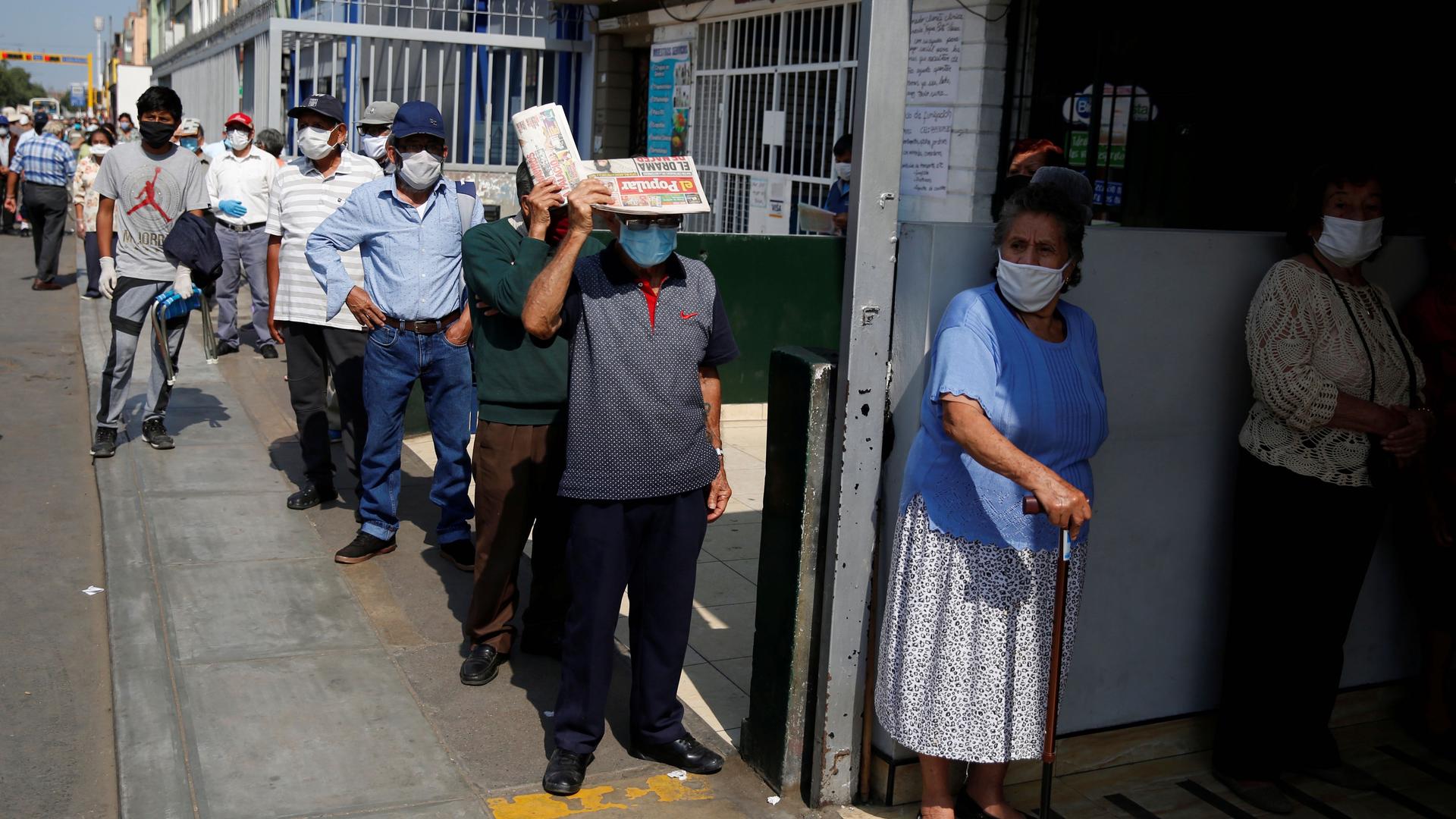As the coronavirus pandemic continues to wreak havoc on the global economy, the situation in Latin America is especially bleak.
Regional health care systems are already fragile, and economic activity is tumbling. Bank of America estimates that Latin America’s economy will plunge by almost 7% this year.
About half of the continent’s workers need immediate assistance because they do informal jobs and live on a daily wage, and unemployment is expected to soar.
Unlike the United States and parts of Europe, Latin American countries have little room to go into debt to inject stimulus money into the economy.
“The developed countries — they can afford to compete against the virus using lockdowns using longer quarantines and even giving money to people like the US is giving,” said Alex Pecora, a Brazilian economist working on a PhD at the University of Minnesota.
“For poorer countries, this is way more complex because we cannot afford to stay home for long.”
The United Nations Economic Commission for Latin America and the Caribbean says that about a third of the population needs help just to pay for food and basic necessities. The commission proposes that the region’s governments give monthly payments of $146 to those in greatest need.
But that’s unlikely given high levels of debt that Latin American countries already carry — limiting their ability to borrow cash and inject it into their economies, Pecora says.
Click the player above to listen to the full story.
Our coverage reaches millions each week, but only a small fraction of listeners contribute to sustain our program. We still need 224 more people to donate $100 or $10/monthly to unlock our $67,000 match. Will you help us get there today?
